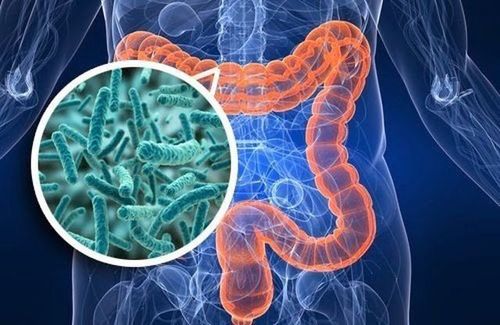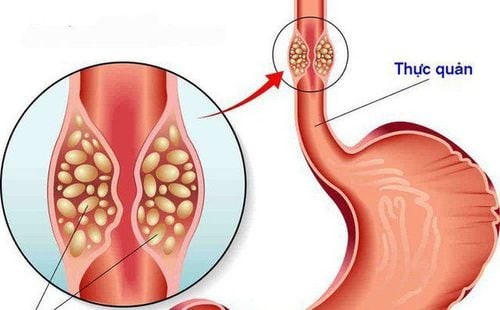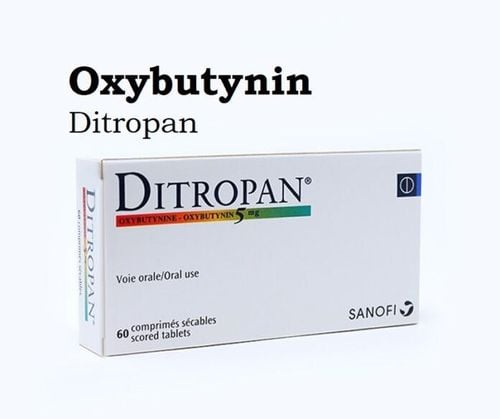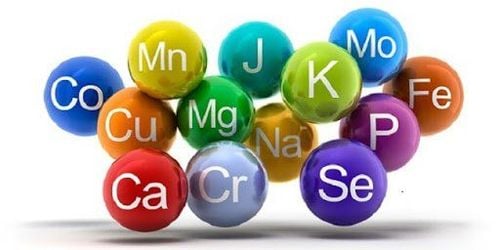This is an automatically translated article.
The article was consulted professionally by Doctor Department of General Surgery and Anesthesia, Vinmec Hai Phong International General Hospital.
Electrolytes such as Na+, K+, CL-,... play an important role in maintaining the body's homeostasis, regulating the cardiovascular system and maintaining normal blood pressure for the body. When these electrolytes are disturbed, it greatly affects the health of the patient, especially for patients with cardiovascular diseases.
1. What is urine electrolyte?
Electrolytes are minerals and electrically charged fluids such as Na+, K+, Cl- ions, ... it is found in blood, urine and body tissues as dissolved salts.
Normally, when the body is healthy, there are absolutely no pathological problems, on both sides of the cell membrane there is always a balance of charge. Maintaining this balance of electrolytes helps with chemical metabolism, muscle activity, and other bodily processes.
However, this balance can be disrupted when the body performs a certain movement such as muscle contraction, heavy exercise, or kidney disease, heart disease, etc. ions Na+, K+, Cl-,... increase or decrease compared to normal. This condition is called an electrolyte disturbance.
When there is an electrolyte disturbance, the body will feel fatigue, muscle weakness, erratic heart rate, vomiting, convulsions and can lead to death. If the amount of sodium and calcium in the body is too high, it can damage the liver and kidneys.
Therefore, the determination of electrolytes in the urine (Na+, K+, Cl-) is very important in determining the treatment direction for patients with electrolyte disturbances. This is called a urine electrolyte.
2. Significance of quantification of electrolytes in urine

2.1 For ions Na + Sodium: is the main element of extracellular fluid, plays an important role in maintaining fluid osmosis, stimulating nerve conduction, helps balance pH and protects the body from damage. translation loss. Sodium imbalance: When the body does not have enough sodium, it often causes nausea and loss of appetite. Especially for the elderly, sodium imbalance can make them lose balance, prone to falls, poor mobility. Some nervous system abnormalities can be caused by sodium deficiency. Normal value of Na+ in the urine: 40- 220 mmol/24 hours (54- 150 mmol/L) Increased sodium in the urine in the following cases: Water balance disorder, Adrenal insufficiency... Decreased sodium in urine for diseases Patients with cirrhosis 2.2 For K + Potassium: Potassium occupies a large proportion in the intracellular fluid, helps to regulate electrolyte balance, helps muscle contractions and to regulate normal brain and nerve function. In cells, potassium has an important role in balancing the amount of acid, osmotic pressure and retaining water for the cell. On the other hand, Potassium also works with sodium to maintain the normal function of muscles and heart, to help control heart rhythm. Potassium imbalance: When the amount of potassium in the body changes erratically, the patient has to face with many dangerous conditions such as: arrhythmia, affect nerve function and kidney failure. Normal value of K+ in the urine: 25-125 mmol/24h (20-80 mmol/L) Increased urinary potassium in the following cases: Patients taking steroid hormones, Cushing's syndrome, potassium-depleted nephritis Decreased urinary potassium in kidney disease, there is a decrease in urine excretion: acute glomerulonephritis, end stage renal failure, adrenal cortex insufficiency... 2.3 For CL- Chlorine: The element chlorine is necessary in water balance and pressure regulation. Osmotic force as well as acid-base balance, especially important in blood. Normal value of CL- in urine: 110-250 mmol/24h (46-168 mmol/L) Urinary chloride is increased in the case of tubular damage, renal salt loss, adrenal insufficiency, decreased absorption salt. Blood chloride is reduced in cases of excessive sweating, Cushing's syndrome, use of adrenal corticosteroids, diabetes insipidus. 2.4 Significance of quantification of electrolytes in urine Helps doctors monitor and treat certain diseases such as hypertension, heart failure, liver and kidney failure. Identifying disorders in the body can determine the cause and appropriate treatment to restore electrolyte balance in the body.
3. Errors and handling
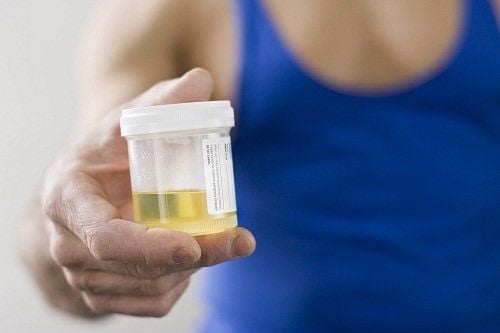
Before analysis The patient's urine must be taken with the correct technique, not mixed with blood. The patient's information must be fully recorded on the specimen container (name, age, address, department/room, bed number...). This information must match the information on the test order sheet. If incorrect: cancel and re-sample. In the analysis: Patient samples are taken only when the quality control results do not violate the laws of the quality control process; if not, standardization and quality control must be carried out again, and then testing is done for patients; if not: recheck the specifications of the machine, repair or replace the details if necessary. Then standardize and check the quality again to pass. Post-analysis: Analyze the results obtained with the clinical diagnosis, with the results of other tests of the patient; if not suitable, re-check: information on patient sample, sample quality, machine quality test results, re-analyze that patient sample. Electrolyte disturbances in the body, if prolonged, will cause many dangerous complications, even death for the patient. Therefore, when you see the first symptoms and manifestations of electrolyte disorders such as dehydration, fatigue, dizziness, slow or irregular heartbeat, poor circulation, you should Immediately go to reputable medical facilities for timely diagnosis and treatment.
Please dial HOTLINE for more information or register for an appointment HERE. Download MyVinmec app to make appointments faster and to manage your bookings easily.




